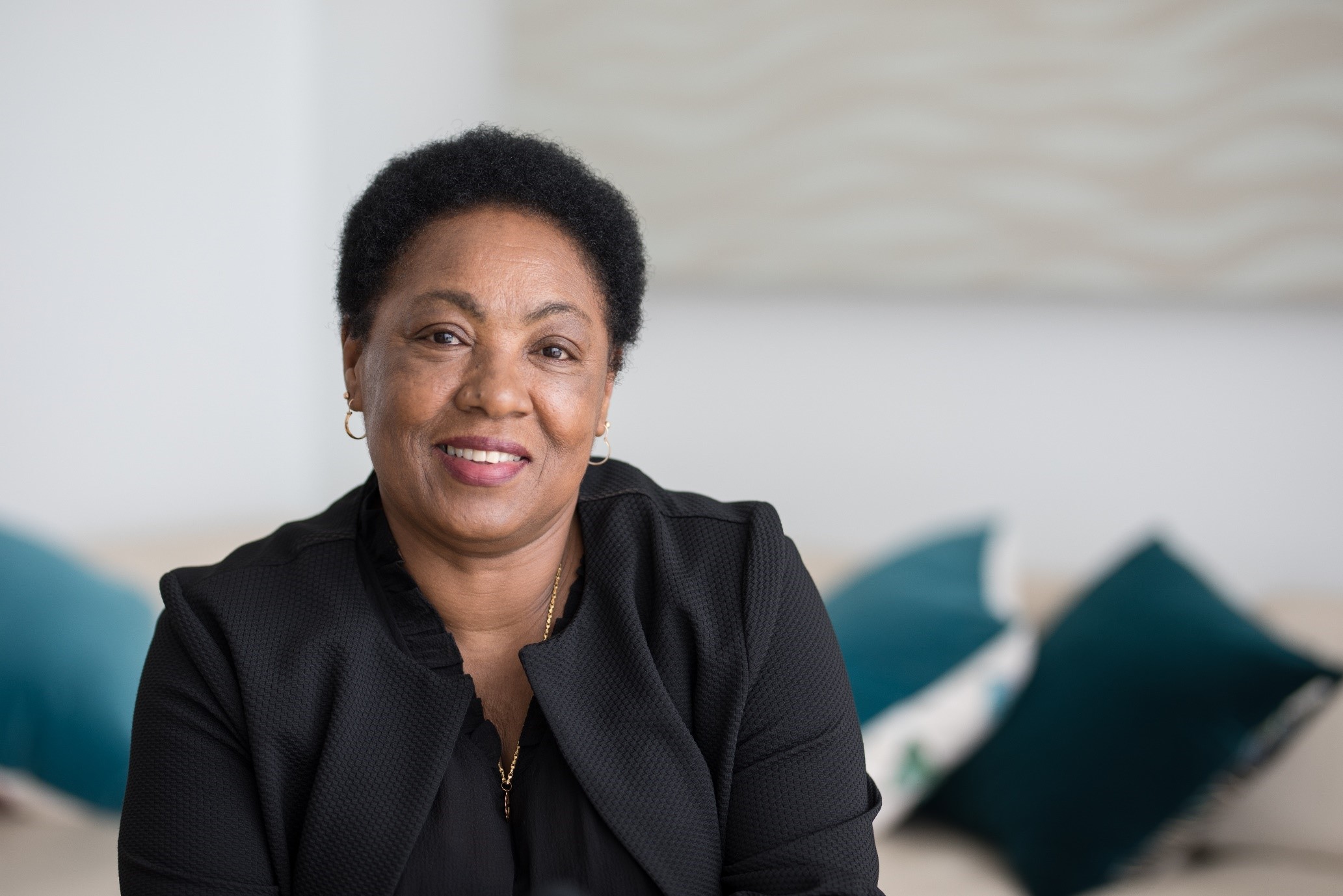Dr Zipporah Ali is the Executive Director or of Kenya Hospices and Palliative Care Association (KEHPCA), and a member of the International Task Force on COVID-19 and cancer. She serves on the board of several organizations including International Hospice and Palliative Care Association (IAHPC); Hope for Cancer Kids; International Children’s Palliative Care Network, Worldwide Hospice & Palliative Care Alliance and ehospice. Dr Ali holds an MD from Ege University, Izmir, Turkey, a Higher Diploma in Palliative Care from Oxford Brookes University and Masters Degree in Palliative Care from the University of Dundee.
You have been internationally recognized for your pioneering work in palliative care with honorary doctorates and humanitarian awards. I’m sure it has not always been easy. What challenges have you experienced whilst trying to progress in your career?
Indeed it has not always been easy. The biggest challenge was to get others (the government, health care providers, the public.) onboard once I had decided this was where I wanted to be. To acknowledge that palliative care is an important part of health care and should be fully integrated into our health systems. The acceptance of Hospice and Palliative Care. Raising funds to advocate, create awareness, train and help set up services has been a constant challenge.
Who/what inspired you to go into palliative care?
I lost my brother to cancer in 1991. It was a very tough time for him and my family as there was hardly any palliative care in Kenya and no access to oral morphine for pain management. I was a young doctor with no experience in palliative care and felt so hopeless that I could not do anything to ease my brother’s pain. I also become more aware that all other cancer patients and their families were going through the same. I realized I needed to do something about it and started volunteering at the first hospice in Kenya in 1993.
Which failures changed you the most?
I wouldn’t call them failures but rather challenges. Witnessing the pain and suffering of the people living with serious illness, their fears, anxiety, despair and feelings of hopelessness. This reminded me that things needed to change- and that change needed to start with me doing something about the terrible situation in my country.
How has Kenya coped with COVID-19? What has changed?
It has been challenging for Kenya like in many other countries. Fortunately, we have so far not had huge numbers like the US, India etc. Many things have changed though. Face to face training have had to stop and we are now adapting to virtual training/workshops/meetings. Home visits to patients have also been reduced due to inadequate PPE. Most patients are afraid to come to the hospice/hospital as they are more vulnerable to contracting COVID hence this is interfering with their treatment/care. Most of the budget allocated to health has been diverted to coping with the pandemic therefore, putting people living with non-communicable diseases like cancer at risk.
Prevention is at the other end of the cancer pathway from palliative care. How important do you think prevention is for cancer control in sub-Saharan Africa?
Prevention is very important. As we know, prevention is better than cure, and if we can prevent cancer, we will prevent the suffering of many. We need to invest heavily in the prevention of preventable diseases. It is costly to treat cancer and this leaves a huge financial burden to patients and their families, often driving them to poverty! Cancer treatment is painful….physically, emotional, spiritually and financially. It is not an experience anyone wants to go through. If we can prevent cancer, we will prevent this nightmare. Kenya has joined the global movement to eradicate cervical cancer by 2030, a very common cancer in women, killing so many yet, a very preventable cancer.
What advice would you give to a smart, driven college student about to enter the “real world”?
Never give up on your dreams. Be focused. Make good friends. You can do it!
What book (s) are you reading at the moment?
Currently, I’m reading two books: One is by Dr Rachel Naomi Remen: Kitchen Table Wisdom. An amazing book written by a palliative care doctor in the US…I feel we have a lot in common. Her approach to patients is what every doctor/nurse in palliative care needs to mirror! The second book is by The Break, by Marion Keyes. She makes me happy
What do you want to be remembered for?
For being a good mother/grandmother/friend. Compassionate about the pain and suffering of others. For the many smiles that palliative care brings to many in my country.
The views expressed are those of the author. Posting of the blog does not signify that the Cancer Prevention Group endorse those views or opinions.

